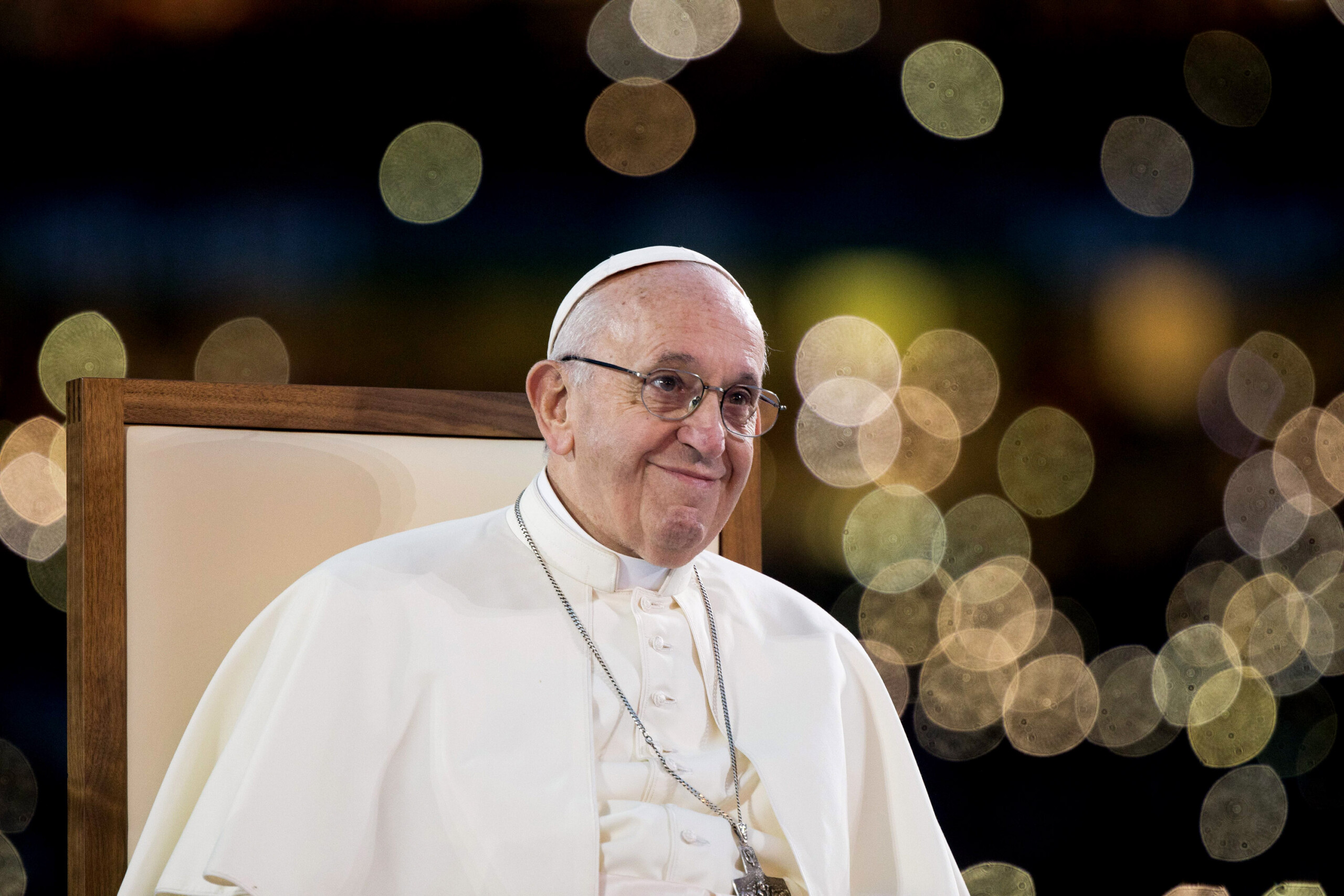The Holy See Press Office has released the schedule of upcoming liturgical celebrations that the Holy Father will preside over during the month of March.
On Ash Wednesday, 2 March, Pope Francis will lead the statio orbis and a penitential procession beginning at 4:30 pm in the Church of Sant’Anselmo. He will then celebrate Holy Mass with the Blessing and Imposition of Ashes at 5:00pm at the Basilica of San Sabina.
Last year, due to the Covid-19 pandemic, the Pope celebrated the Ash Wednesday Mass at the St. Peter’s Basilica in the Vatican.
On Friday, 4 March, the Holy Father will be at the Consistory Hall at 10:30 for the Ordinary Public Consistory for the vote on various causes for canonization
Then, on 25 March, the Pope will preside at a Penitential celebration at 5:00pm at St. Peter’s Basilica, said the announcement, which was signed by the Master of Pontifical Liturgical Ceremonies, Msgr. Diego Ravelli.
Spiritual Exercises for Roman Curia
Meanwhile, the Pope has invited the members of the Roman Curia to make personal arrangements for the Spiritual Exercises this year, due to the continuing health emergency caused by Covid-19.
A statement released in January by the Holy See Press Office, said that the Holy Father asked the Cardinals residing in Rome, the Heads of Dicasteries and the Superiors of the Roman Curia to withdraw in prayer “from the afternoon of Sunday, 6 March to Friday, 11 March.”
For the three years before the outbreak of the Covid-19 pandemic, Pope Francis had joined the members of the Curia for the Spiritual Exercises at the Casa Divin Maestro in Ariccia.
In the past, the Exercises were preached during the first week of Advent but in 1964, they were moved to the penitential season leading to Easter.
The Roman Curia’s practice of the Spiritual Exercises is modeled after the Spiritual Exercises of St. Ignatius of Loyola, the founder of the Society of Jesus. Since 1929, when Pope Pius XI issued the encyclical Mens nostra on the promotion of the exercises, this religious practice has been observed by the Roman Curia.
ENDS


